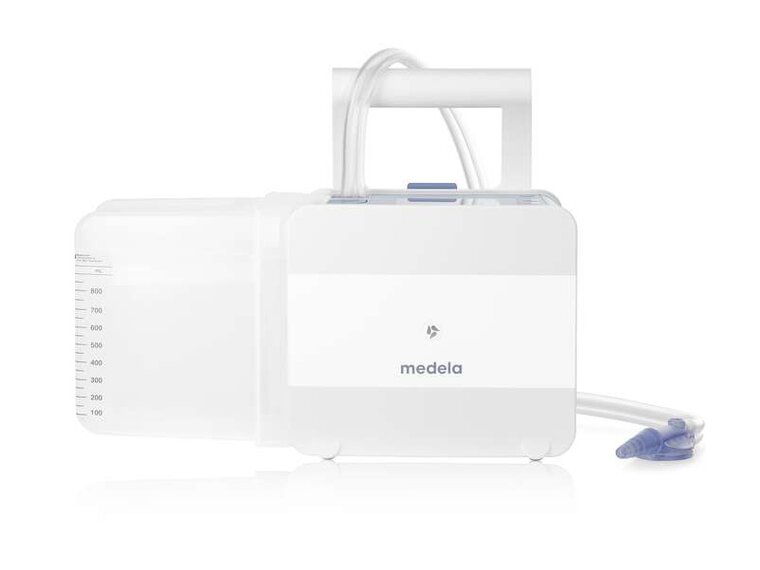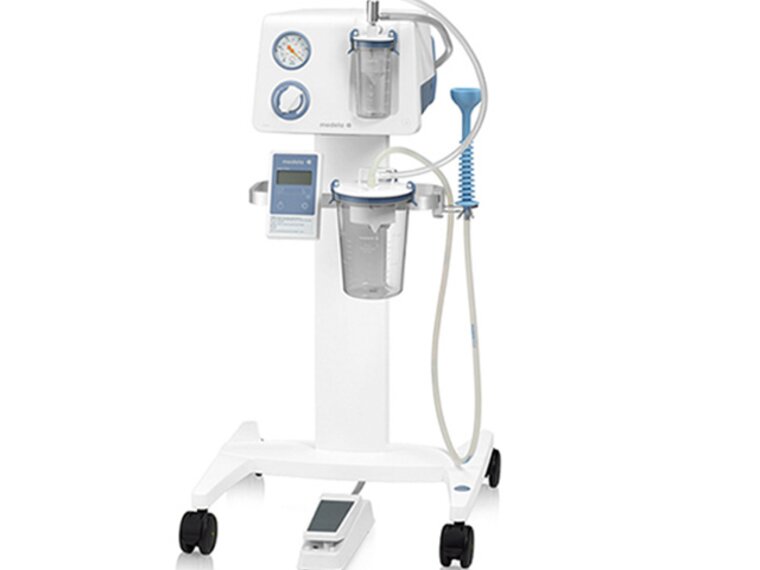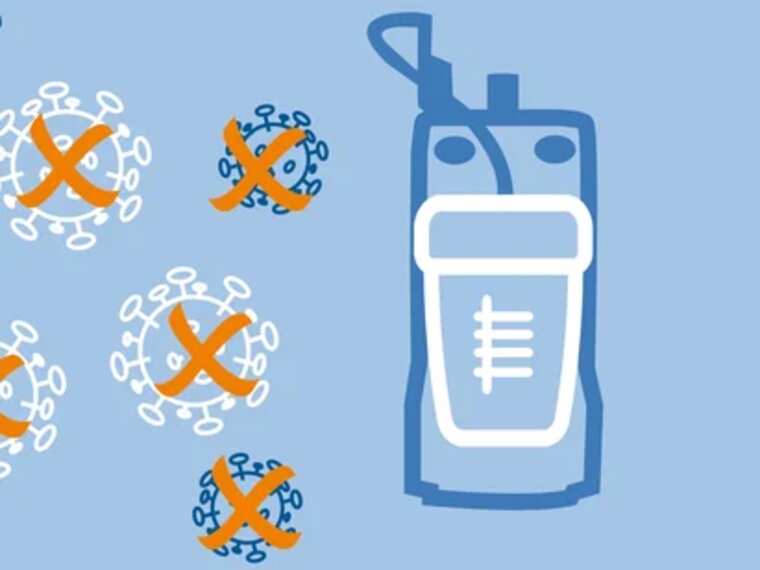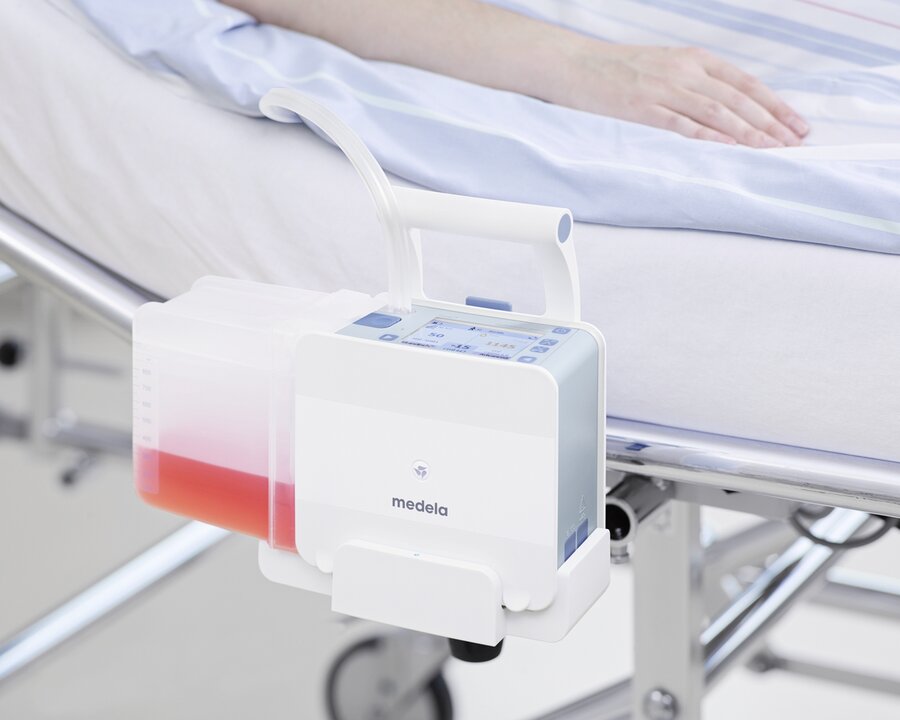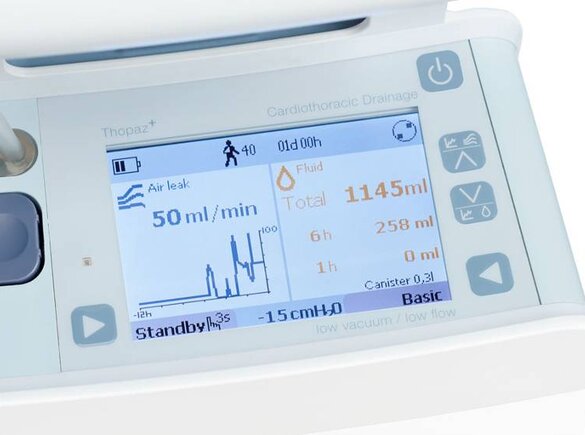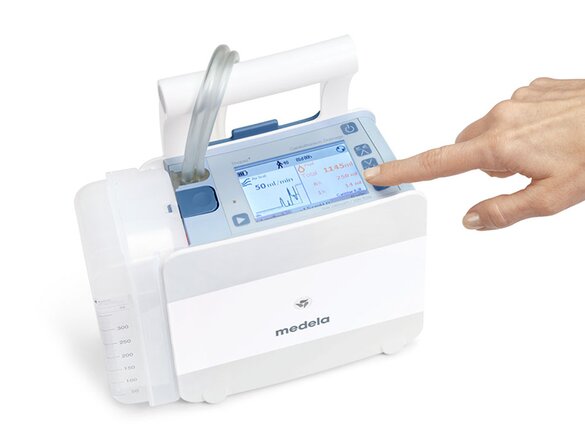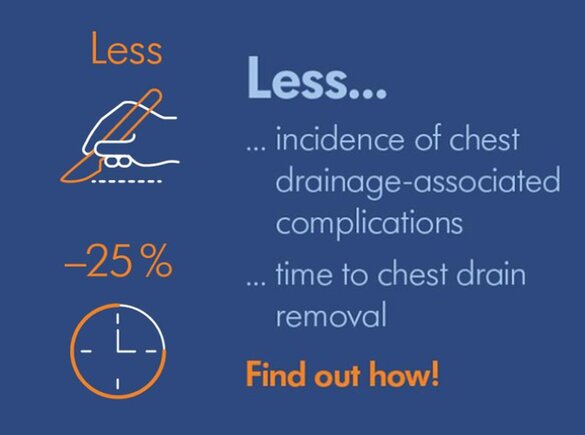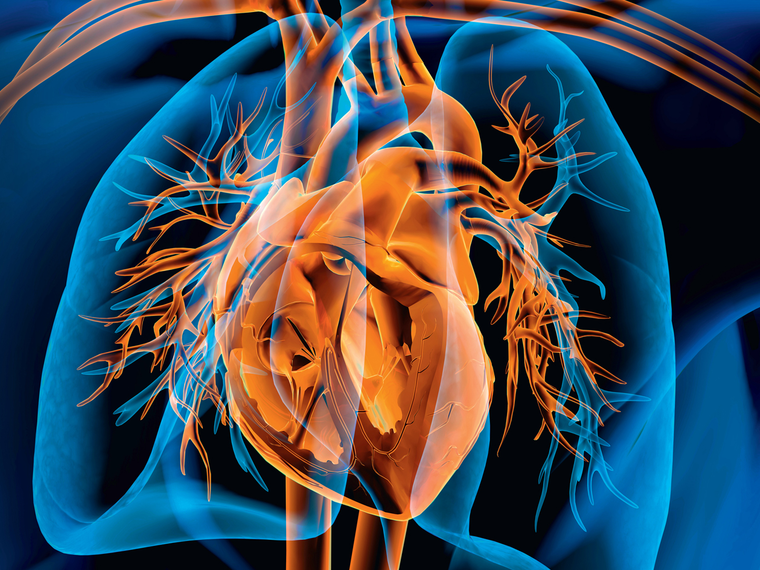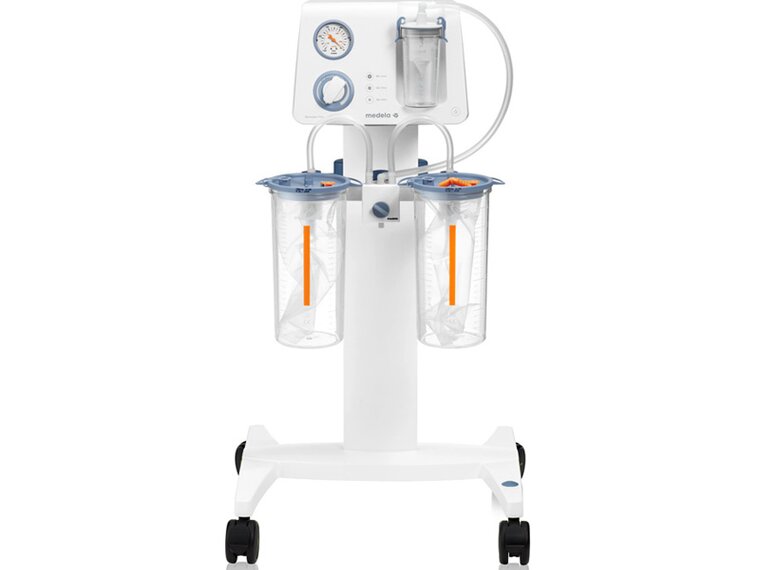
Surgical & Airway Suction Pumps
Looking for medical suction pumps? The Basic, Dominant Flex, Vario 18 c/i, Vario 8, Vario 8 c/i by Medela are the right choice for healthcare professionals.
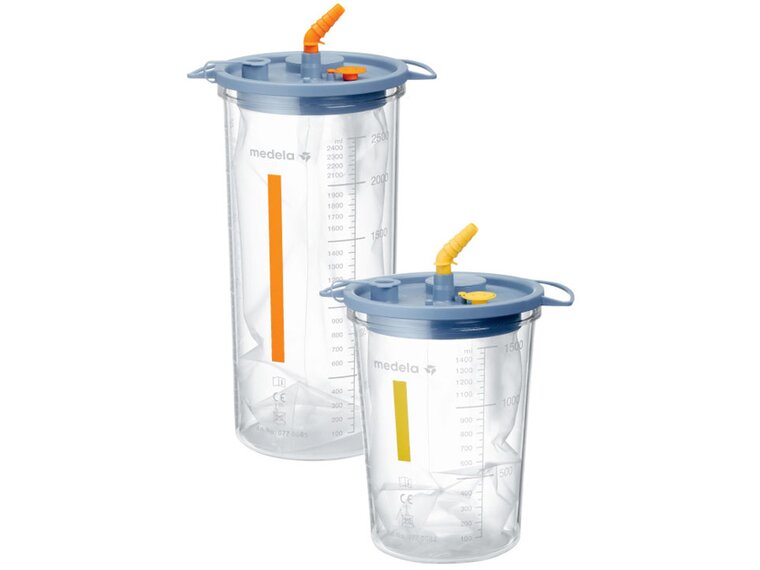
Surgical Fluid Collection System
Fluid management systems offer safety through overflow protection and filters. Disposable and reusable systems are silent, hygienic, safe and easy to use.


Surgical & Airway Suction Pumps
Looking for medical suction pumps? The Basic, Dominant Flex, Vario 18 c/i, Vario 8, Vario 8 c/i by Medela are the right choice for healthcare professionals.

Surgical Fluid Collection System
Fluid management systems offer safety through overflow protection and filters. Disposable and reusable systems are silent, hygienic, safe and easy to use.

Thopaz+ digital chest drainage system for use after surgical or non-surgical thoracic procedures
Find out how Thopaz+ accelerates chest drain removal, shortens ICU length of stay, and reduces overall costs.
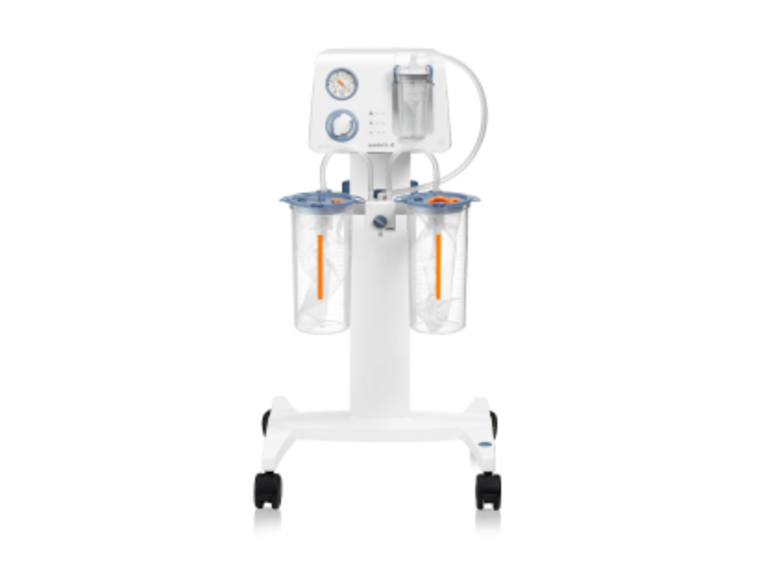
Dominant Flex surgical suction pump
Designed for use in hospitals, clinics and doctor's practices, the Dominant Flex pump is the optimal medical suction pumps for all suctioning needs.
